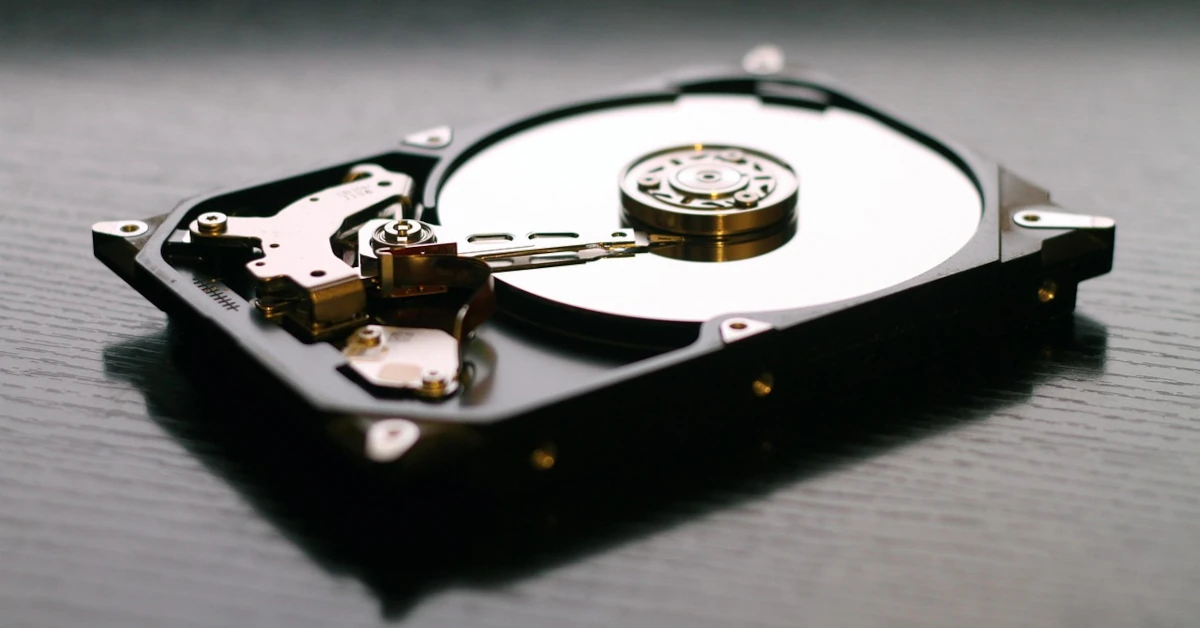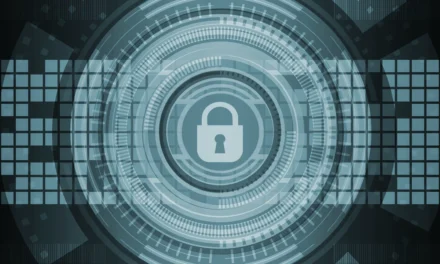You’ve just upgraded to a new computer, and your old one is now sitting idle. Before you decide its fate – whether it’s recycling, selling, or giving it away – it’s crucial to consider the sensitive data that might still be lingering on its storage devices. Financial records, passwords, emails, and other personal information could potentially be exposed if not properly handled during disposal. This guide will walk you through several methods to safeguard your data and protect yourself from potential security threats like identity theft.
Back Up Your Data
Before you begin the process of disposing your old computer, make sure to back up any important data that you want to keep. Connect an external hard drive or use cloud storage services to save your crucial files. Once backed up, you can proceed with confidence knowing your precious data is safe elsewhere.
Choose a Data Disposal Method: Overwriting vs. Physical Destruction
When you delete a file, it is not necessarily permanently erased from your computer’s storage device. Deleting a file removes its entry from an index, which functions like a table of contents for the drive. The actual data that makes up the file might still be present and recoverable using specialized software.
There are several ways you can protect your data when disposing of your computer. Depending on the type of drive, some methods may be more sutable than others.
Overwriting Data
To prevent this potential data recovery, you can use a method called overwriting. Overwriting involves writing random data onto the space previously occupied by the deleted file, effectively replacing the original data with new, meaningless information. This process makes it extremely difficult for even advanced data recovery tools to restore the original file, thus enhancing your data security. Overwriting is most effective on magnetic hard drives which use a moving read/write head to access data stored on rotating platters coated with magnetic material. Multiple overwriting passes increase security by reducing the likelihood of recovering original data.
In contrast, SSDs have flash memory cells, instead of magentic platters, and these cells have a limited number of read/write cycles. Wear leveling algorithiums are employed to help wear the cells more evenly. As a result, cells containing remants of your data will not necessarily be the ones the new data is written too, potentially leaving recoverable data intact. Overwriting can also reduce the life of your drive. For these reasons, it is generally not recommended for SSDs.
Many SSDs have secure erase functionality that can be used instead. With this approach, cells that have been marked for deletion are cleared, removing data in a way that is better for preserving the life of the drive.
Physical Destruction
Physical destruction is another option that can be used together with overwriting for even greater protection. With physicial destruction, the medium on which the information is stored is permenantly damaged. Due to the safety concerns and equipment required, it is recommended to have your drives professional destroyed, and not rely on DIY methods which may result in injury.
Other Considerations: Use Disk Encryption From the Start
While properly disposing of old storage devices is crucial for protecting sensitive data, taking proactive measures before your computer reaches its end-of-life can significantly enhance security. One such measure is using disk encryption from the start.
Disk encryption transforms readable data into unreadable ciphertext using advanced mathematical algorithms like AES (Advanced Encryption Standard). A password or decryption keep is used to decrypt the data.
Conclusion
Protecting your data when disposing of an old computer is an important consideration that should not be overlooked. Whether you choose overwriting for magnetic hard drives, secure erase functionality for SSDs, or physical destruction, each method has its place depending on the type of storage device you are dealing with.
Using disk encryption from the beginning adds another layer of security, making it nearly impossible for anyone to access your information without your password or decryption key, even if they manage to retrieve the data. By taking these precautions and backing up your important files before disposal, you can better ensure that your sensitive data remains confidential and secure.



